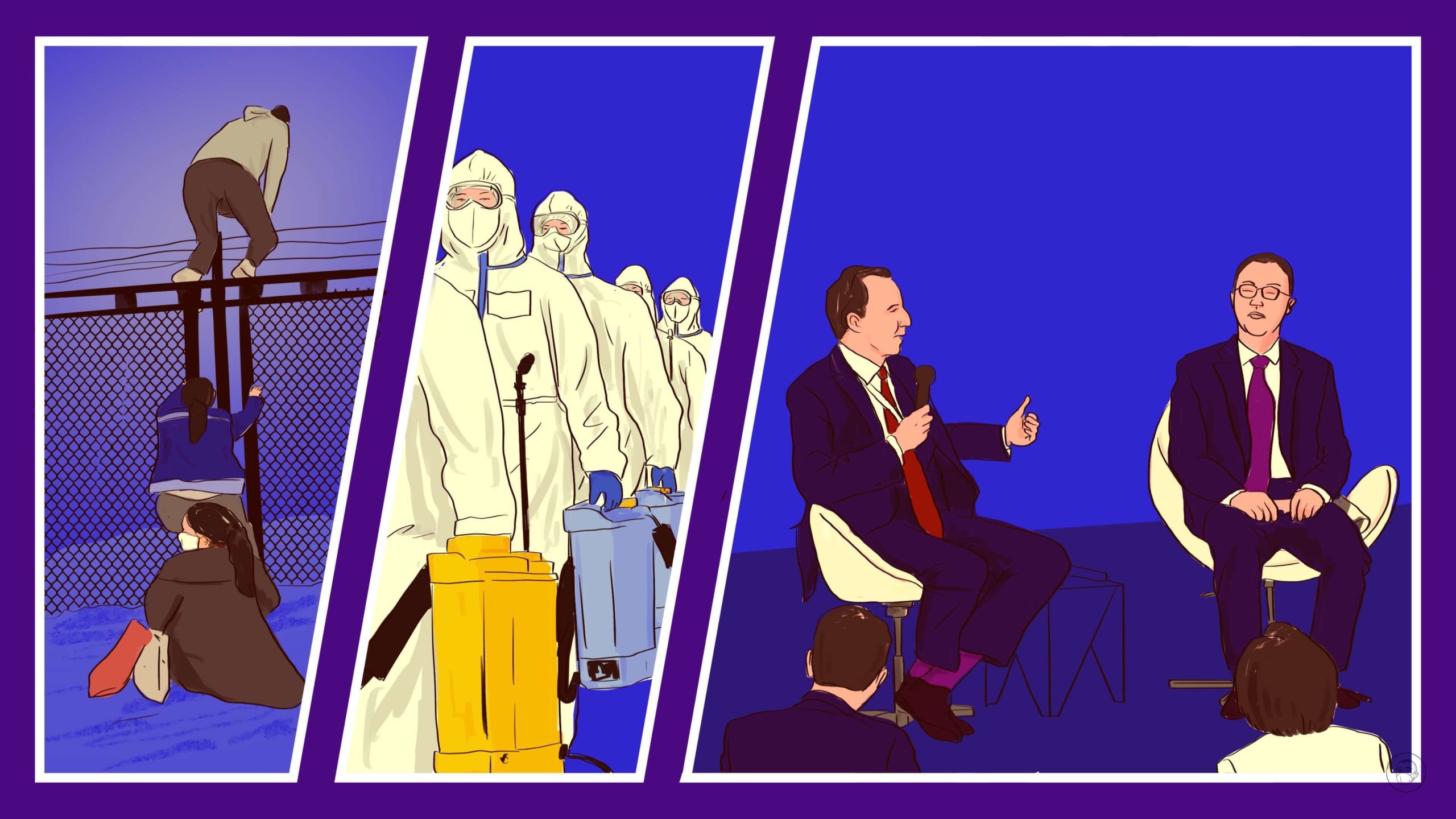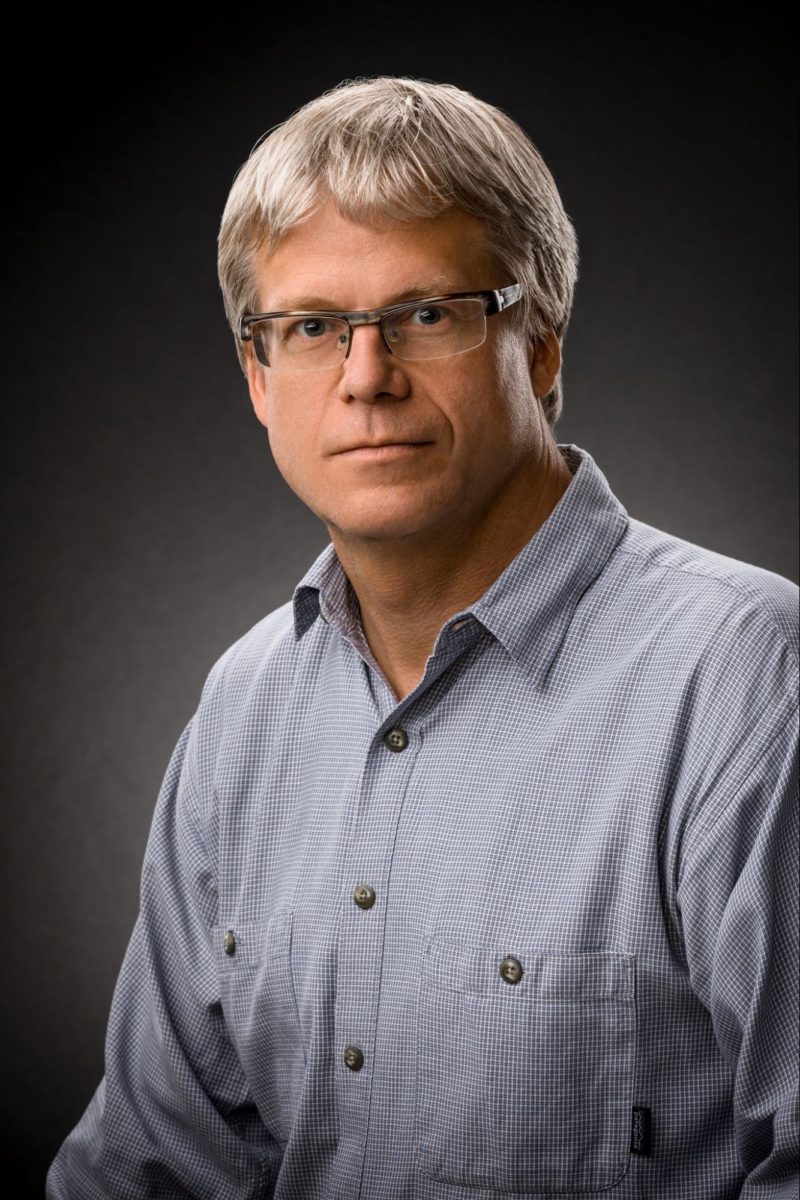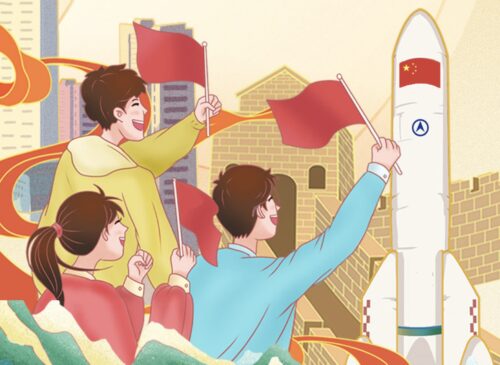Why were the bankers so bullish in Hong Kong?
The Western media is wrong, China’s economy is fine, and Hong Kong is still a great place to do business: that was the message from Chinese and international bankers who met in Hong Kong this week. Are they barking mad?

Bankers made some surprising comments at Hong Kong’s Global Financial Leaders’ Investment Summit which ended yesterday: First, China’s economy soon is going to be just fine, counter-intuitive given that new GDP-killing lockdowns are sweeping the country, including at the Foxconn factory that is the world’s largest iPhone producer and at Shanghai Disneyland. That also is contradicted by the inconvenient fact that many institutions, including some of the banks in attendance, have recently downgraded China’s growth prospects.
Another incongruous conclusion one might have made: Despite the fact that most banks execs probably read the financial news very carefully — and lean on reporters for getting the word out when they do a company IPO or have some other positive news they want circulated — they don’t take media reporting on China, the world’s largest economy, very seriously.
At least that’s what they say.
“I would advise international investors to find out what’s really going on in China and what’s the real intention of our government by themselves. Don’t read too much of the international media,” Fāng Xīnghǎi 方星海 vice-chair of the China Securities Regulatory Commission and a former banker, said in a pre-recorded message to more than 200 bankers, hedge fund and asset managers, and finance officials attending the Global Financial Leaders’ Investment Summit in the Grand Ballroom of the Four Seasons Hotel. “They really don’t understand China very well and they have short term focus,” Fang said, sparking laughter and applause from the room. (This was not the message Fang gave to international reporters in the past, including back in 1999 when he worked at China Construction Bank and I first met him.)
“While we are all very pro-China, and like vice chairman Fang said, we’re not reading the American press — we actually buy the [China] story — it is a bit [of an issue of] waiting for zero COVID to open up in China and to see what will happen,” said UBS chief executive Colm Kelleher, speaking on a panel with Morgan Stanley chief James Gorman, Goldman Sachs’s David Solomon, and Blackstone’s chief financial officer Michael Chae. “Don’t worry too much. As Mr Fang said, don’t read too many negative reports,” said Bank of China’s Liú Jīn 刘金, on the same panel, while commenting on China’s debt-laden property sector. HSBC chief executive Noel Quinn, speaking on the sidelines of the forum, said he saw China’s economic prospects as good.
“[It is] extraordinary to read the unashamed China cheerleading from global asset management [executives] … [who ask] you to give them your savings to put in work in China,” said George Magnus, author and former chief economist for UBS in a tweet. Despite some wild swings this week, China stocks still remain some of the world’s worst-performing, including the Hang Seng China index, which is down 37% this year.
China news, weekly.
Sign up for The China Project’s weekly newsletter, our free roundup of the most important China stories.
And another discordant element — the apparent disregard not only for the optics but the actual ethics of appearing alongside Hong Kong chief executive and former policeman John Lee (李家超 Lǐ Jiāchāo), who was sanctioned by the U.S. for his role in squashing the 2019 democracy movement. “Social disturbance is clearly in the past,” and “law and order has returned,” Lee said in his keynote address to the delegates.
How did they put down “social disturbance” and the democracy movement “in the past”? Hong Kong police arrested more than 10,000 Hong Kong citizens and prosecuted 2,800 for their involvement in the protests. About 200 individuals have been arrested under the draconian National Security Law since it was implemented in the summer of 2020, with four minors, including one just 16-years-old, sentenced last month. HSBC, Standard Chartered, and Jardines have all publicly backed the National Security Law.
The financial chiefs’ attendance would “whitewash the human rights violations of the Hong Kong government” and give “cover to human rights abusers in China,” warned U.S. Senator Jeff Merkley and Representative Jim McGovern, Chairs of the Congressional-Executive Commission on China, in a statement issued just days before the bankers’ summit opened on November 1. Needless to say, that argument didn’t sway the bankers from going to Hong Kong.
“These bankers couldn’t even open a checking account for Hong Kong Chief Executive John Lee — who has been blacklisted by the U.S. and is prohibited from traveling to America,” Mark Clifford, formerly a longtime editor in Hong Kong who now leads the Committee for Freedom in Hong Kong Foundation (CFHK), said to Al Jazeera. “International financial centers depend on freedom — free flow of information and rule of law,” Clifford said. “Hong Kong has neither anymore. It doesn’t deserve to be taken seriously by the international financial community.”
Tell that to the bankers who traipsed to Hong Kong earlier this week, where they swore they were bullish on China and dissed the media.






